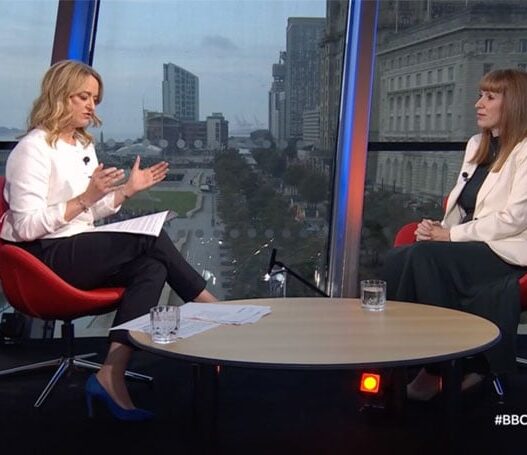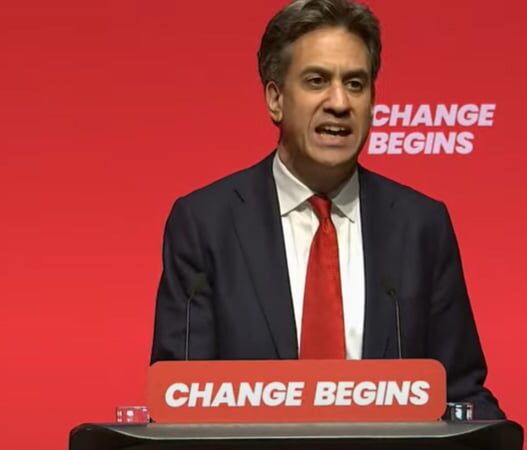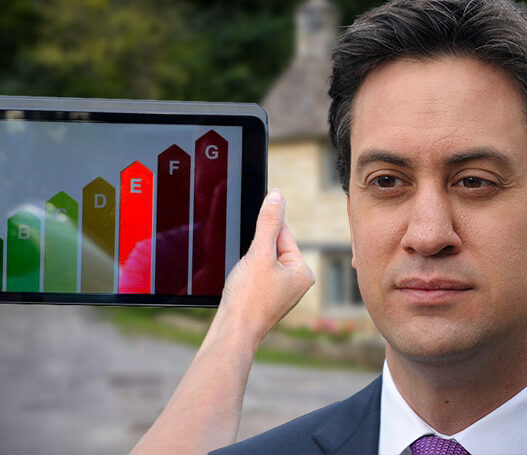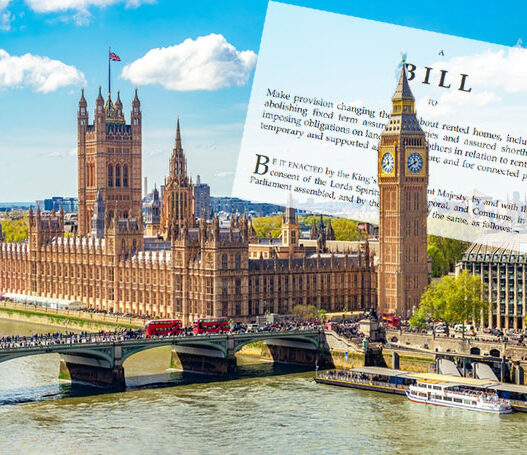The Organisation for Economic Co-operation and Development (OECD) has called on Chancellor Rachel Reeves to abolish stamp duty, saying it hampers property liquidity, slows the housing market and traps capital.
The OECD is an international organization of 38 member countries that cooperate in formulating economic and social policies.

With Britain's debt soaring from around 35% of GDP in 2008 to almost 100% now, the OECD has stressed the urgency of the situation and called for “significant action” to stabilise Britain's finances.
The committee has made a number of recommendations on how the government could raise more money, from rolling back the triple lock on pensions to unfreezing fuel duty.
Housing market stagnation
However, OECD economists have a different view on stamp duty, arguing it should be abolished rather than increased because it discourages people from moving “to seek better job prospects or to downsize in retirement” and prevents housing reallocation in tough markets.
However, he took an opposing view on local tax, calling on the government to update the property values on which local tax is based, as it is based on house prices from 35 years ago, from 1991.
The Organisation for Economic Cooperation and Development (OECD) is an international organisation of 38 member countries that cooperate in formulating economic and social policies.






















